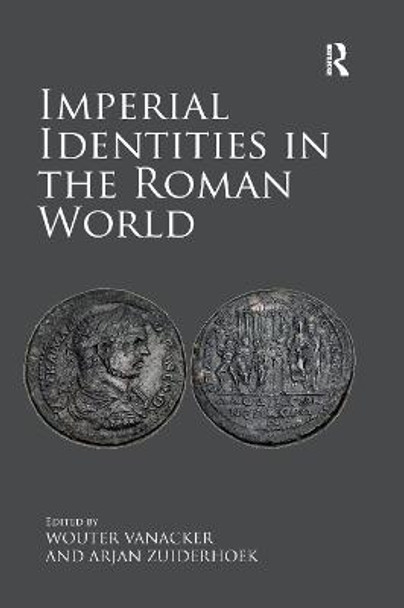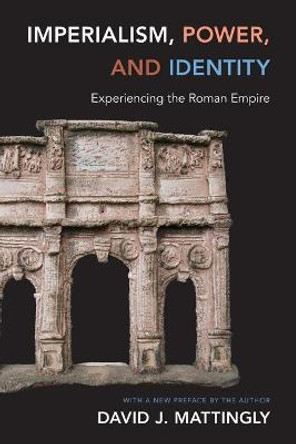Description
In recent years, the debate on Romanisation has often been framed in terms of identity. Discussions have concentrated on how the expansion of empire impacted on the constructed or self-ascribed sense of belonging of its inhabitants, and just how the interaction between local identities and Roman ideology and practices may have led to a multicultural empire has been a central research focus. This volume challenges this perspective by drawing attention to the processes of identity formation that contributed to an imperial identity, a sense of belonging to the political, social, cultural and religious structures of the Empire. Instead of concentrating on politics and imperial administration, the volume studies the manifold ways in which people were ritually engaged in producing, consuming, organising, believing and worshipping that fitted the (changing) realities of empire. It focuses on how individuals and groups tried to do things 'the right way', i.e., the Greco-Roman imperial way. Given the deep cultural entrenchment of ritualistic practices, an imperial identity firmly grounded in such practices might well have been instrumental, not just to the long-lasting stability of the Roman imperial order, but also to the persistence of its ideals well into (Christian) Late Antiquity and post-Roman times.
About the Author
Wouter Vanacker is a Postdoctoral Research Fellow at the Department of History of Ghent University. His doctoral thesis focused on patterns of economic and political interaction between nomadic and sedentary communities in North Africa in the context of the Roman Empire. Currently, he studies long-term urbanisation trajectories in Africa during the imperial period.
Arjan Zuiderhoek is Associate Professor of Ancient History at the Department of History of Ghent University. He is author of The Politics of Munificence in the Roman Empire: Citizens, Elites and Benefactors in Asia Minor (2009) and The Ancient City (2016). Alongside Paul Erdkamp and Koenraad Verboven, he is also editor of Ownership and Exploitation of Land and Natural Resources in the Roman World (2015).
Reviews
"Overall the book strikes a good balance between focus and methodological approach, incorporating material, digital, and textual techniques, and moving between the early and high empire, and from Rome to the provinces ... The volume will be a nice resource for those interested in a variety of approaches to the topic, and to see how a sense of belonging to the cultural, religious, social, or political world of Rome was manifested in different areas and in different times."
- Robyn L. Le Blanc, The University of North Carolina at Greensboro, USA, Bryn Mawr Classical Review 2019
Book Information
ISBN 9780367879709
Author Wouter Vanacker
Format Paperback
Page Count 232
Imprint Routledge
Publisher Taylor & Francis Ltd
Weight(grams) 453g








